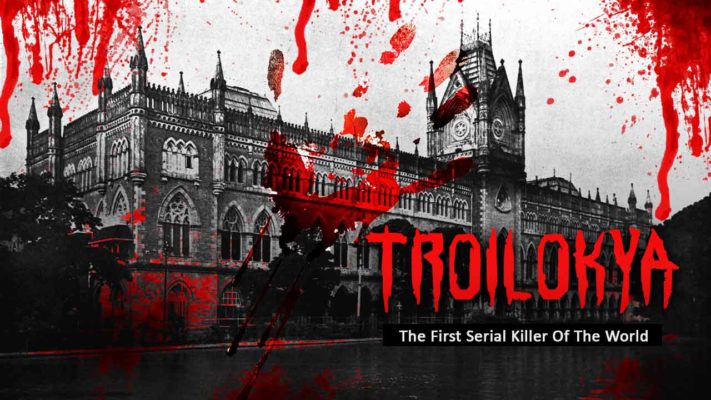Babu and Troilokya would begin robbing unknowing clients after rendering them immensely intoxicated by mixing cigar ash into their alcohol. The couple would then steal their belongings and throw the men on to the streets where police would arrest them, mistaking them for drunks. Due to their often high profile statuses, the men would not file complaints in an attempt to maintain their images.
The selection of clients to rob grew thinner and Troilokya and Babu had to devise another con, this time faking marriage dowries. The couple found a Srotriya Bengal family looking for a wife for their son. In Srotriya culture, it was the norm for a dowry to be paid by the groom’s father rather than the bride’s and a huge sum of money could be made for the bride’s family through this process. Troilokya and Babu hired a young prostitute to play the role of their fictitious daughter and the scheme commenced. After the plan resulted in a successful marriage, the “wife” escaped from the home of her new family with wedding jewels that were then sold for profit.
Like the robbing of the brothel patrons, this con was repeated until it could no longer be done without raising suspicions. When the pair’s original actress grew too old for the part, Troilokya and Babu kidnapped girls from the streets to use in their plot instead and this just raised more suspicion as the disappearances were getting noticed.

